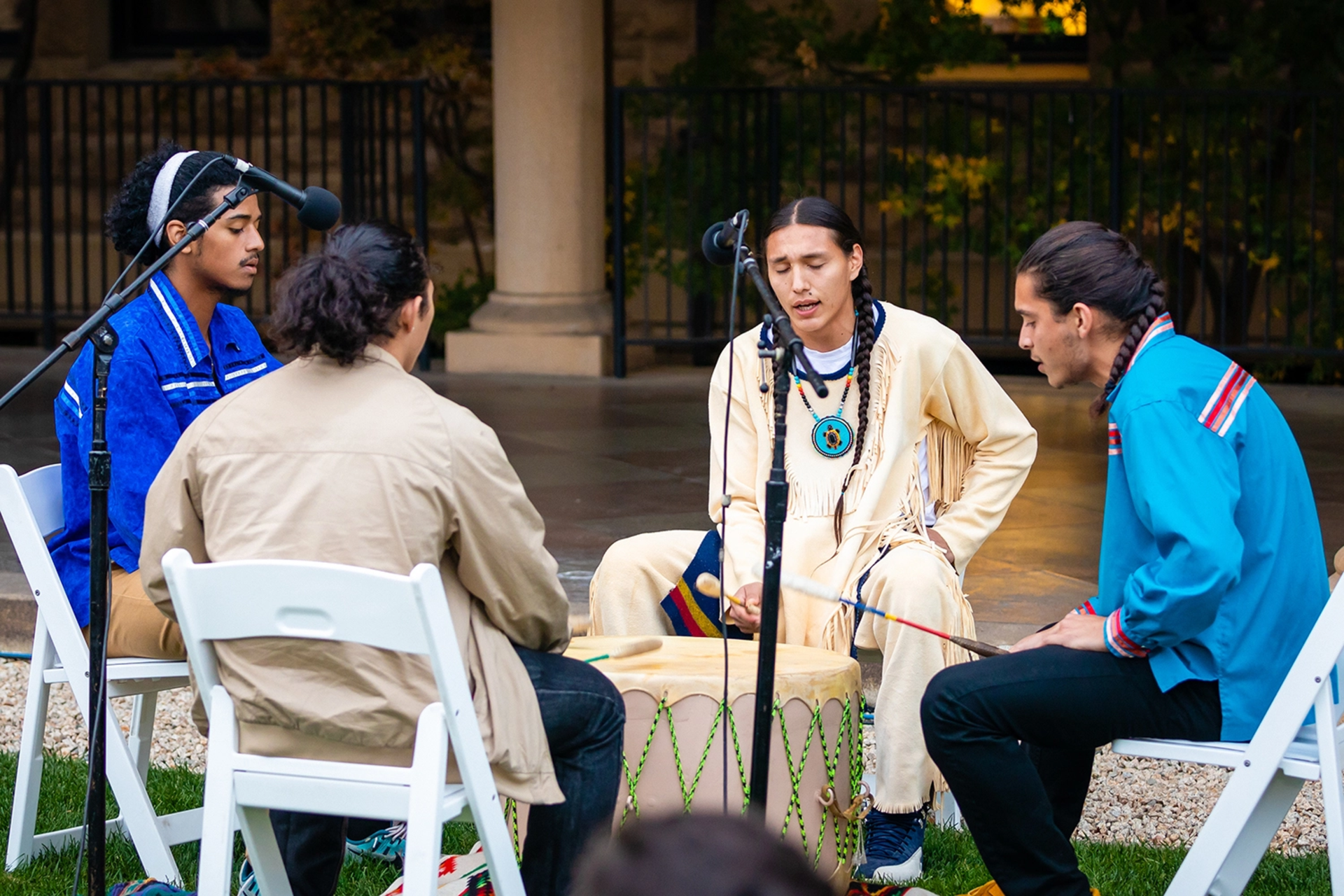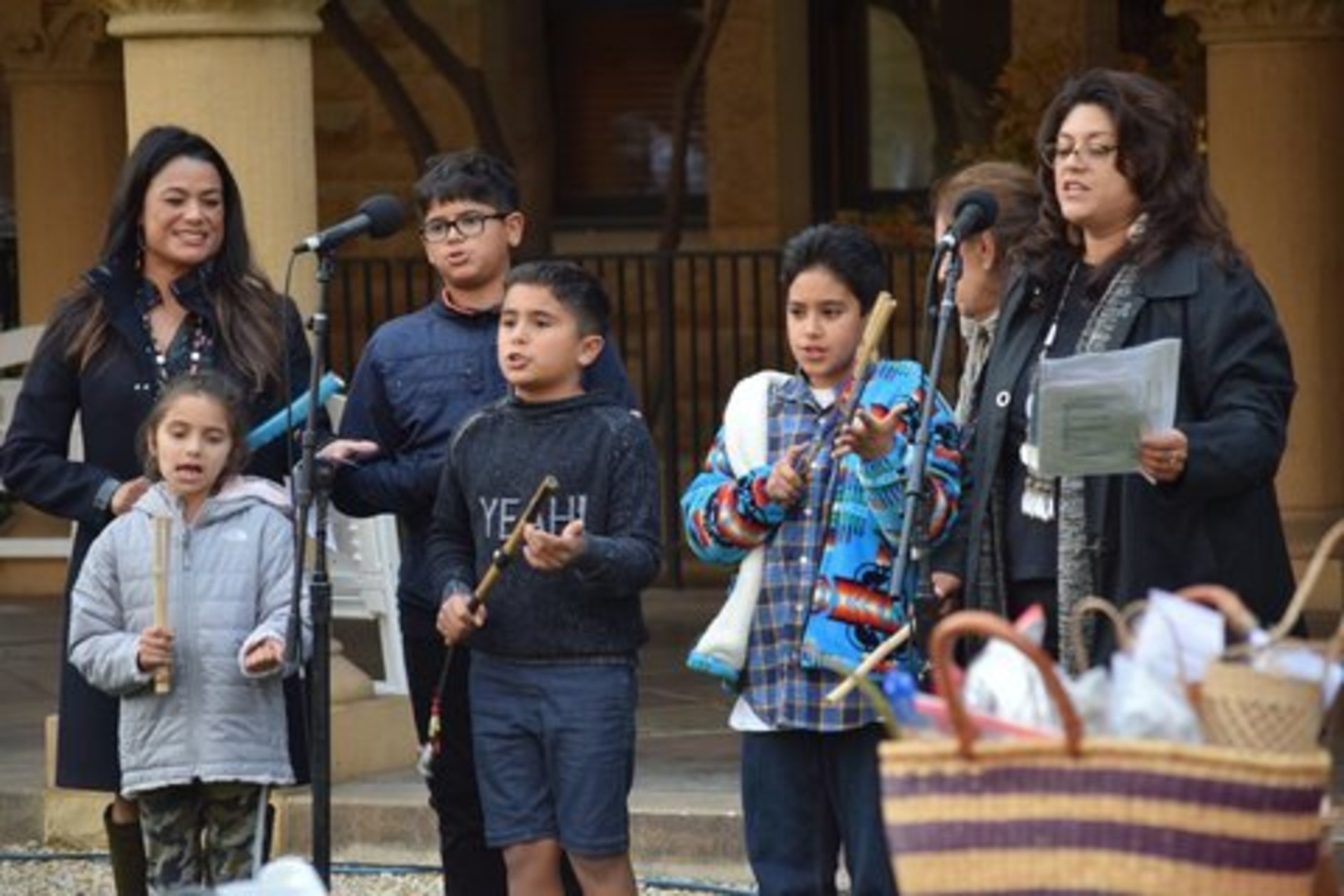Land acknowledgment
A land acknowledgment is a traditional custom in many Native communities and nations to show respect to the people of the land since time immemorial.
The importance of land acknowledgments for non-indigenous individuals and communities relies on the recognition of their relationship to the original inhabitants of a location and to the land. Furthermore, it is a way to show respect and gratitude to the traditional stewards of a specific location, while recognizing that colonialism is still an ongoing process.
Best practices in land acknowledgment
In order to be transformative, it is important to move away from “performative” acts, as Megan Red-Shirt Shaw says in her essay “Beyond the Land Acknowledgment: College "LAND BACK" or Free Tuition for Native Students,” into a mindful way to show awareness, create accountability, and actively disrupt colonial structures.
The best way to create an appropriate land acknowledgment is to consult and collaborate with local Tribal leaders, which Stanford University has done through the Native American Cultural Center, the university archaeologist's office, and the university president's office. The Stanford Native American Cultural Center describes the history of the land where the main campus was built as well as information about the current presences of different tribal members on campus.
Stanford University land acknowledgment
This acknowledgment may be written or may be spoken at the beginning of an event or program, showing a specific commitment to restorative justice (please read the recommended articles). If spoken, the order should be: (1) Welcome and words about the event, (2) Land Acknowledgment and specific relations to individual or collective actions, (3) Move into the scheduled program.
“We recognize that Stanford sits on the ancestral land of the Muwekma Ohlone Tribe. This land was and continues to be of great importance to the Ohlone people. Consistent with our values of community and inclusion, we have a responsibility to acknowledge, honor and make visible the university’s relationship to Native peoples.”
— Stanford Land Acknowledgement
Honoring our relationship



